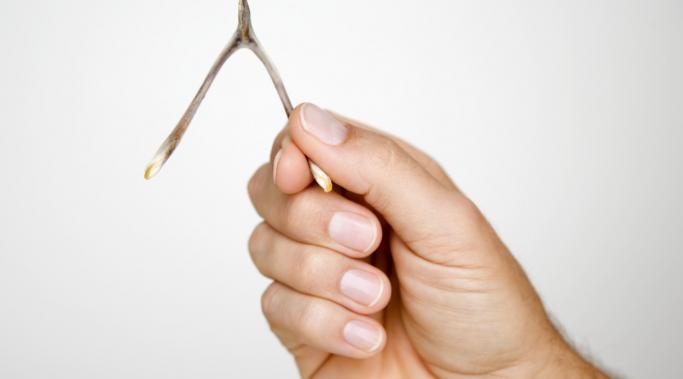Blogs
It seems that the courts would have more sense when it comes to co-parenting with any abuser, but especially a proven-in-a-court-of-law abuser found guilty of domestic violence, child abuse, or any sexual crimes. There is a disconnect between criminal court and family court that endangers our children with the mistaken belief that two parents, of any sort, is preferable to protecting our children from dangerous people.
And yet, many of us find ourselves co-parenting with our abusers.
"Are you taking your meds, sweetie?" asks Hannah's Dad, juggling the cell phone as he shops in the hardware store.
"Of course I'm taking my meds!"shouts Hannah, as she compulsively counts to 8 in every imaginable way (Hannah has OCD), hides from life under her comforter, and tries to cope with the pain she has inflicted upon herself with a Q-Tip. (Hard to explain. Gotta see the show.)
Of course, Hannah is clearly not taking her meds.
If you live with PTSD, then you definitely have had your share of angry outbursts. How could you not? Your fuse is small, your triggers large and your ability to go with the flow went out the window the day your trauma(s) occurred.
Is there hope for you to proactively manage your anger? You bet!
We all have parts of our lives that we wish were different. One might wish her boyfriend hadn’t cheated on her. One might wish that his boss wasn’t so micromanaging. One might wish that she wasn’t bipolar. And so on. One might feel that these situations are unfair.
And sometimes when experiences arise around these situations, we react, not to the situation itself, but to how we wish the situation were and this gets in the way of making healthy choices.
I had a tough year. I typically have a lower mood once October kicks me in the ass, but this year was worse. I watched seven seasons of Lost in one month--granted I had never seen it before. But still! I even went as far as to abandon writing this blog. I was not thinking clearly. Writing this blog is an important part of my life.
As usual, you are probably wondering where I am going again. Yes, the woman who wrote a memoir on mental illness and addiction should perhaps stop talking about her own misery. But this morning--back on my feet again--I remembered that time and the words "solitary confinement" came to mind.
I once read a book by a homeless man, and he talked about the first thing his guru said to him: "Everything that happens to you is for your own good."
As a rape survivor, I argue with this, but it stood out to me. My version would be "Everything that happens to you is to teach you something." I recently learned a major fact about my BPD diagnosis from a woman at the bus stop.
Studies show that Facebook hurts your self-esteem, and I'm inclined to believe them. Social media sites, especially Facebook, create negative feelings and insecurity in many of my clients. Study after study has concluded that the more time spent on social media sites like Facebook, the lower the levels of self-esteem and self-worth. In fact, most people who spend time on Facebook actually report feeling worse about themselves, having lower self-esteem and more impulsive tendencies.
In May, the new Diagnostic and Statistical Manual of Mental Disorders (DSM-5) is being released. This is the book that contains all the diagnostic criteria for mental illnesses.
And there has been lots of public debate around this update. Primarily the feedback on the changes has been negative.
Sometimes people can feel lonely in a crowded room and others can feel totally comfortable home alone all day. Being alone is not inherently an issue. Many ancient sages or meditation masters can be alone and content. But this might be after they have gone beyond individual ego, and no longer feel separation from Oneness of the universe.
But for most of us humans, biologically and emotionally, we are social beings. We live in a communities because we need to. We can't do everything alone. We need help. Collaboration is our biggest survival skill. Our species would die off without it. It's natural to feel loneliness when you feel apart from your community (Loneliness and What To Do About Loneliness).
Recently I received an email saying, "Now that I'm feeling better from PTSD everything feels so strange. Feeling better feels surreal, and feeling good feels even more surreal. Is this natural in PTSD recovery?"
Yes, it's actually a very common feeling in PTSD recovery. There are some valid reasons why feeling better feels strange, and some easy ways to make feeling better from PTSD feel more normal.









